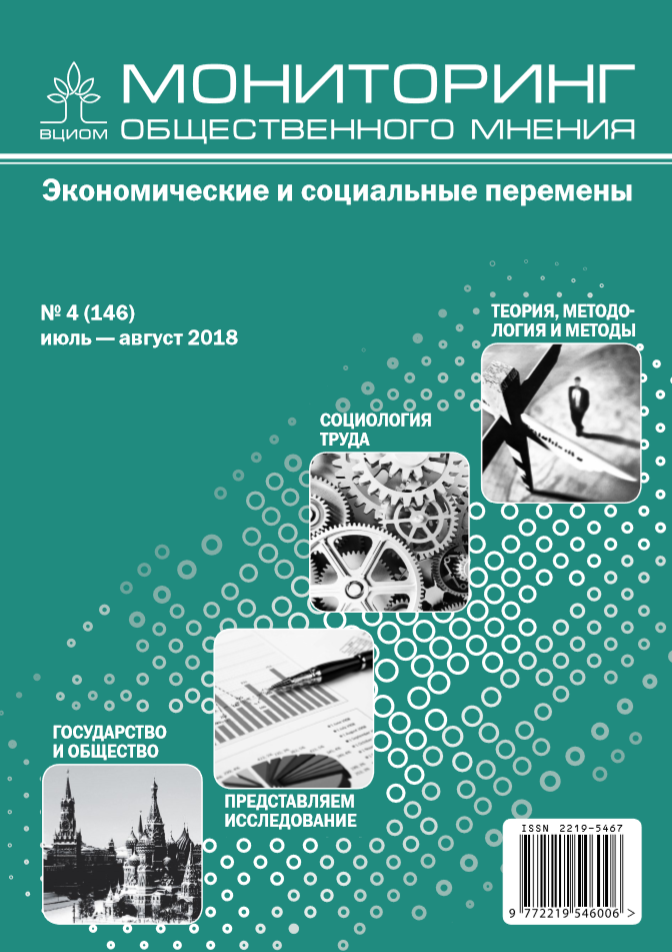Не для школы, а для жизни мы учимся: как студенты оценивают роль внеучебной работы
DOI:
https://doi.org/10.14515/monitoring.2018.4.16Ключевые слова:
внеучебная активность, студенты, вуз, последствия внеучебной деятельностиАннотация
Исследовательский вопрос — как студенты описывают и оценивают последствия своего участия во внеучебной активности. Материалом для анализа послужили 27 глубинных полуструктурированных интервью со студентами двух российских вузов, участвующих в программе «5—100» — национального исследовательского института и федерального университета. Было выделены три основные группы положительных последствий внеучебной деятельности студентов: получение навыков и компетенций, расширение социальных связей и профессиональное самоопределение. Студенты рассматривают внеучебную деятельность в качестве способа развития как практических навыков и способностей, связанных с определенной профессиональной деятельностью, так и гибких навыков, полезных, по их мнению, при поиске работы после окончания университета. Помимо этого внеучебную работу в вузе студенты описывают как площадку для наращивания собственного социального капитала за счет взаимодействия с более широким кругом лиц: другими студентами, преподавателями, другими сотрудниками вуза, внешней средой. Наконец, внеучебная деятельность, по оценкам студентов, помогает убедиться в правильности профессионального выбора через возможность совмещать учебу и ту сферу деятельности, которой хочется заниматься дополнительно, дает возможность примерить профессиональные роли и обязанности еще в студенчестве и, наконец, открывает новые профессиональные перспективы.






